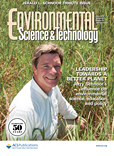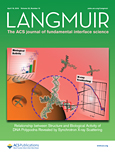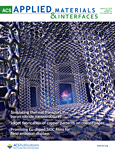
A cancer researcher who sued PubPeer commenters for criticizing his work has lost six more papers, bringing his total to 13 retractions.
Four of the new retraction notices issued by the journal Cancer cite an investigation at Wayne State University in Michigan into the work of Fazlul Sarkar and some of his colleagues. All the new notices, including the other two in Breast Cancer Research and Treatment, are for image-related issues.
Retraction Watch readers will recognize the name Fazlul Sarkar, who took PubPeer to court to unmask the anonymous critics whose comments cost him a job at the University of Mississippi. According to this document, Sarkar retired from Wayne State this year.
Here’s the first of the four Cancer retraction notices, all of which were issued on July 29: Continue reading A researcher sued critics of his work. Now he has 13 retractions.








